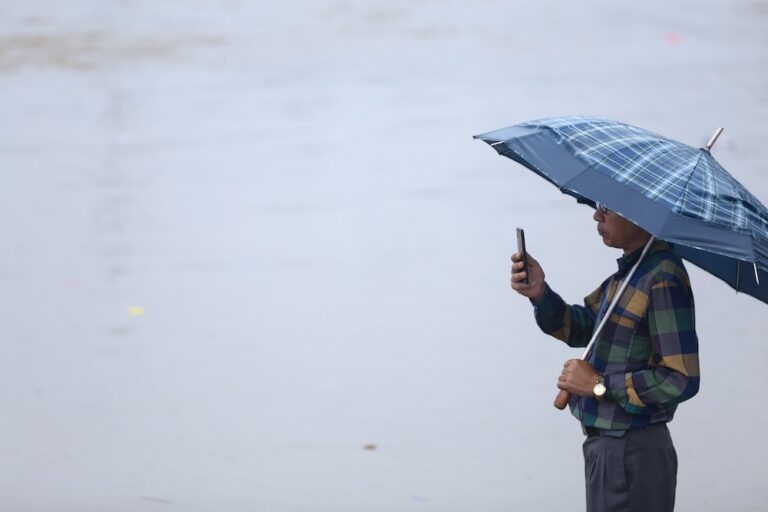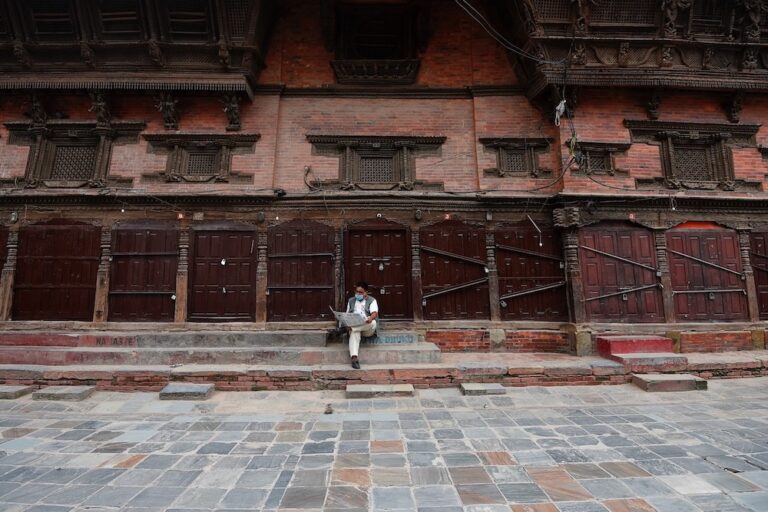(CEHURDES/IFEX) – CEHURDES welcomes the latest Supreme Court verdict that has paved the way for nearly 50 FM radio stations around the country to resume news broadcasts. On 30 November 2005 a division bench comprised of Justices Min Bahadur Rayamajhi and Anup Raj Sharma ordered the government not to implement its directive, issued over a […]
(CEHURDES/IFEX) – CEHURDES welcomes the latest Supreme Court verdict that has paved the way for nearly 50 FM radio stations around the country to resume news broadcasts.
On 30 November 2005 a division bench comprised of Justices Min Bahadur Rayamajhi and Anup Raj Sharma ordered the government not to implement its directive, issued over a month ago, that forbade FM radio stations from airing news and current affairs programmes pending a final verdict. In their verdict, the judges said it was the constitutional duty of the independent radio stations to broadcast news. They said the broadcast of news over the FM stations in no way hampered the objectives of the Ministry of Information and Communications (MoIC).
The government has been targeting private and community FM radio stations repeatedly since the royal takeover in February of this year. It has already raided two FM radio stations, Kantipur FM, the leading private sector radio station, and Radio Sagarmatha FM, the first community-run radio station in South Asia, over the last two months. Officials have yet to return equipment they seized from these two stations.
Within hours of the verdict, Kantipur FM resumed its news broadcasts while other radio stations are also said to be preparing to resume transmission of their news and current affairs programmes. Only weeks ago, a special bench of the Supreme Court refused to issue an interim order that would have blocked the implementation of the controversial media ordinance issued by the government. The ordinance barred media from criticizing the king and royal family members and prohibits news broadcasts over FM radio stations, among other measures.
CEHURDES believes that this verdict will go a long way towards reviving public confidence in the judiciary. At a time when there is no elected legislature in the country and the executive is using every means to intimidate and harass the independent media, the judiciary has an added responsibility to protect the fundamental rights of the people, including freedom of the press and freedom of expression.


